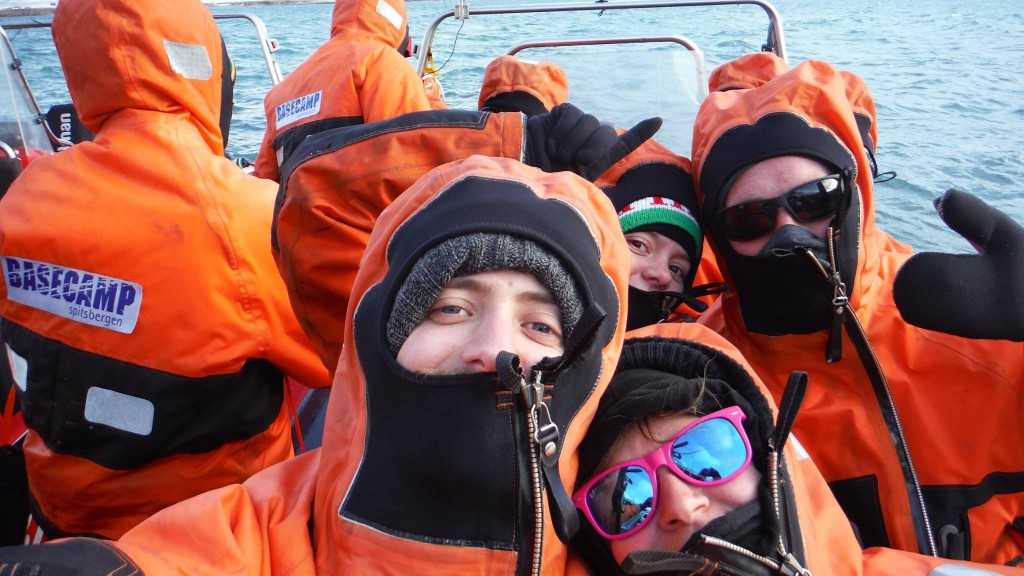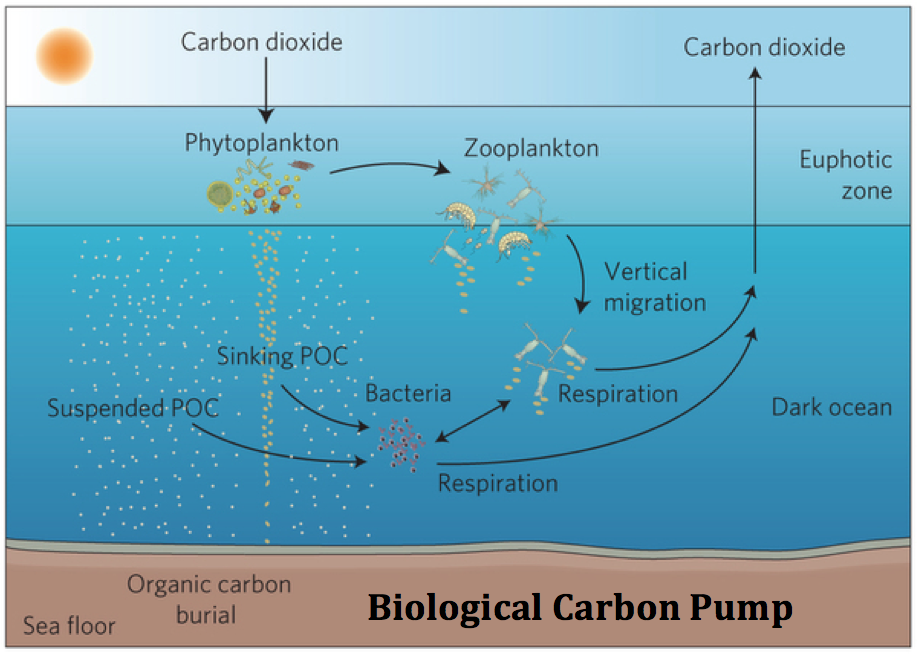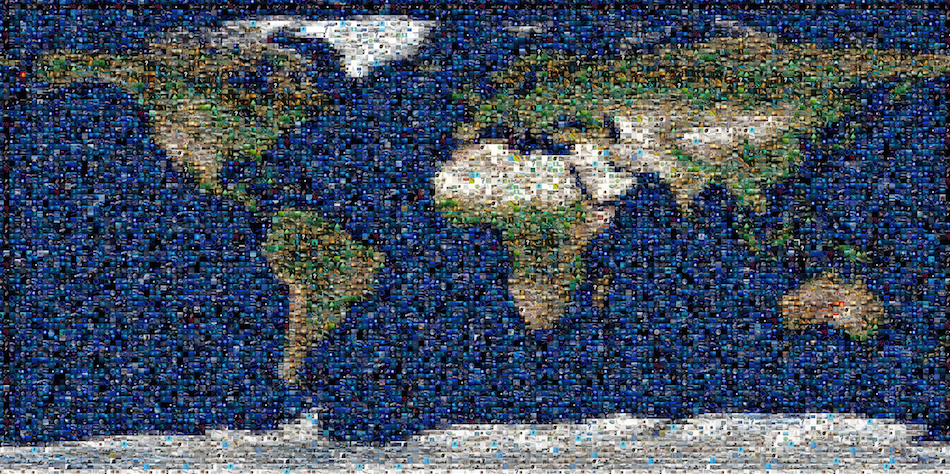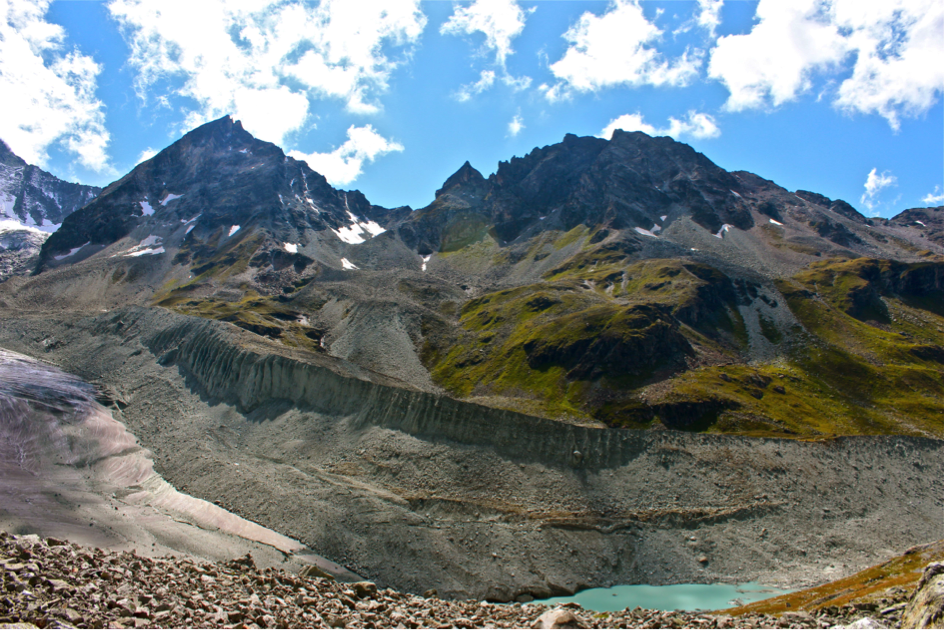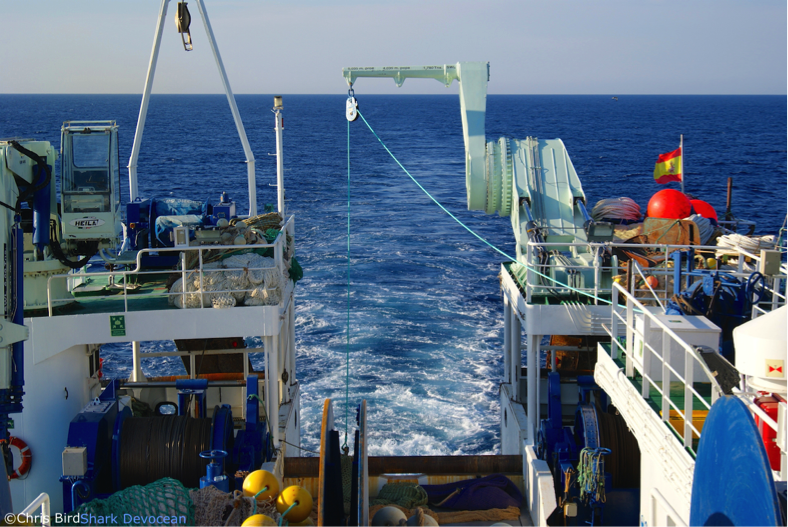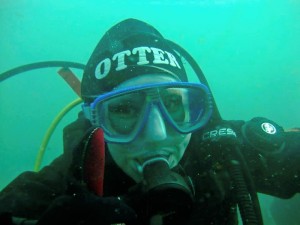MOOC hangout 2: starting now!
Good afternoon MOOCers,
join us online for a live chat with Dr Jon Copley, Professor Rachel Mills and two of our facilitators Emma and Rui for discussion about weeks three and four of the MOOC:
https://plus.google.com/events/cbje16kot14kjah0uti92nc9quc?hl=en
https://www.youtube.
Continue reading →

